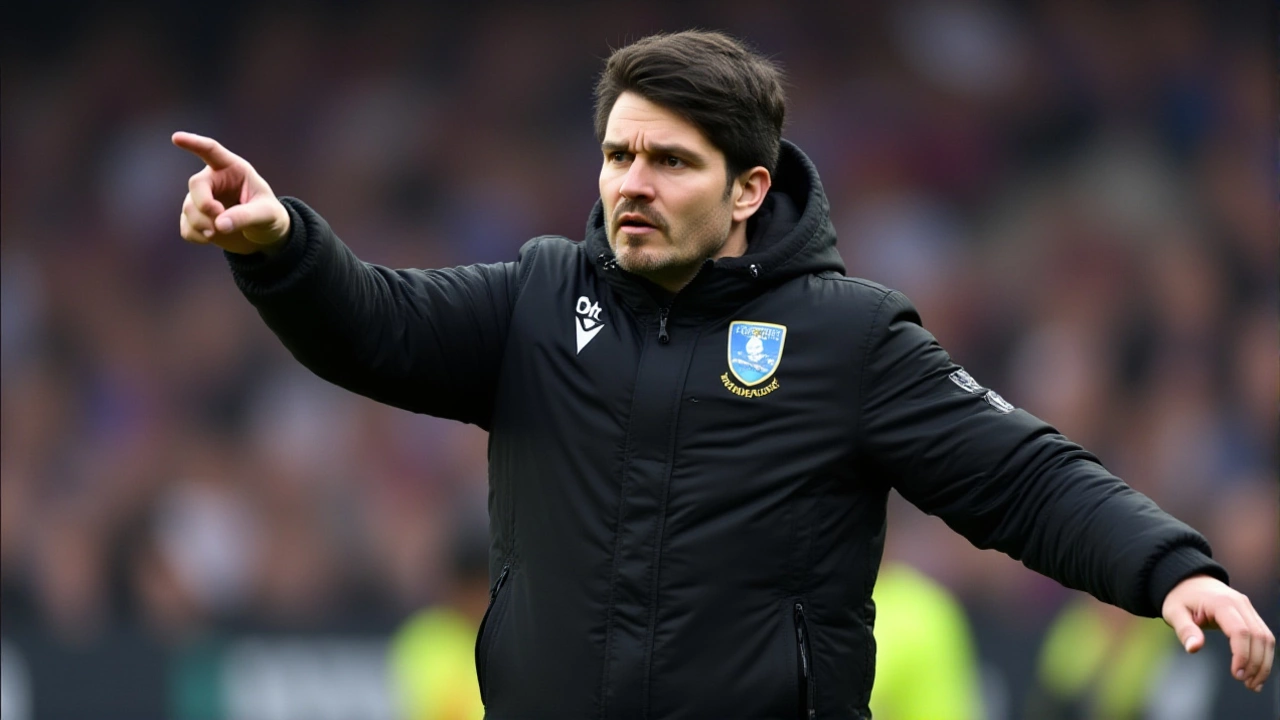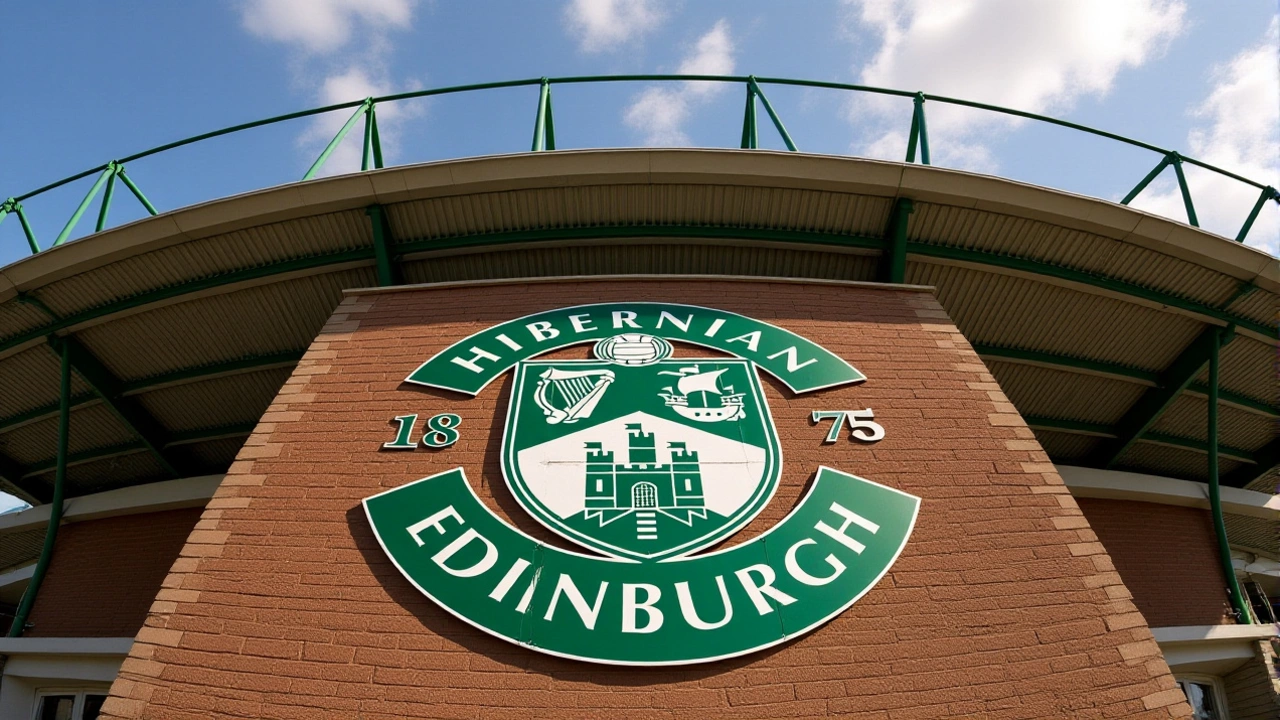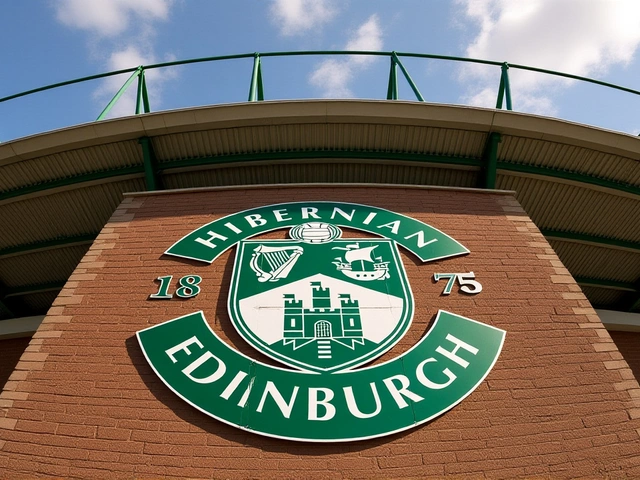When Rangers Football Club beat Kilmarnock Football Club 2-1 at Rugby Park on Saturday, October 28, 2023, it wasn’t just three points—it was a statement. Under new manager Danny Rohl, the Gers abandoned the cautious single-striker system of his predecessor and went for broke: two up top. The result? A goal from Danilo Pereira da Silva and a late thunderbolt from captain James Tavernier, sealing a vital win in the 11th round of the Scottish Premiership. And the man who made it happen? A 34-year-old German tactician who’d only been in charge for two weeks.
A Manager in a Hurry
Just 14 days before the Kilmarnock clash, Danny Rohl was handed the reins at Rangers Football Club. He replaced Michael Beale, the 53-year-old Englishman whose 126-day tenure became the shortest in the club’s 149-year history. Beale’s dismissal came after a string of flat performances and a 3-0 loss to Celtic that left fans questioning the direction. Rohl, previously at Sheffield Wednesday Football Club, arrived with a reputation for attacking football—and he wasted no time putting his stamp on the team.
The Four Changes That Changed Everything
On Thursday, October 26, Rangers Football Club announced four starters for the Kilmarnock match: Canadian centre-back Derek Cornelius, Ivorian midfielder Mohamed Diomande, Macedonian striker Bojan Miovski, and Brazilian forward Danilo. The move wasn’t just about personnel—it was philosophy. Gone was Beale’s 4-3-3 with a lone striker. In came a 4-2-3-1 hybrid, with Miovski and Danilo operating as a lethal pair up front. It was a gamble. Miovski had started alone in seven of the last ten league games. Danilo, signed for £15 million from Al Wasl, had scored just once all season—and that was in a cup match.
"It wasn’t about who we brought in," Rohl said in his pre-match press conference at the Rangers Training Centre in Milngavie. "It was about what we asked them to do. We needed presence. We needed threat. We needed to make the opposition think twice about pushing up."
"My Head Is Clear"
For Danilo, the change was personal. In an interview with AOL, he called his start to the season "hurtful." The 32-year-old, once a key player in Portugal’s Primeira Liga, had struggled to adapt to the physicality of the Scottish game. But with Rohl’s system, he wasn’t isolated. He had Miovski to share the load—and Miovski, signed for £2.5 million from Omonia Nicosia, had been quietly effective as a supporting striker. Together, they became a nightmare for Kilmarnock’s backline.
On 58 minutes, Danilo rose above two defenders to head home a cross from James Tavernier. Four minutes later, the captain buried a 25-yard curler into the top corner. The crowd at Rugby Park fell silent. Rangers had done it—with a system Beale never dared try.
Why This Matters Beyond Three Points
This wasn’t just a win. It was a reset. Rangers’ £100 million annual turnover and £45 million wage bill mean expectations are sky-high. After a shaky start to the season, the club needed a spark. Rohl delivered—not with flashy signings, but with a clear tactical identity. The twin-striker setup isn’t just about scoring goals; it’s about control. By stretching defenses, it opens space for midfielders like Diomande to drive forward and for full-backs like Tavernier to overlap.
"It gave us more presence in the final third," Rohl confirmed in his post-match press conference. "And the players believed in it. That’s half the battle."

What’s Next? The Formation Stays
Rohl has already confirmed the twin-striker system will continue. Against St. Mirren on November 4, 2023, and then in the UEFA Europa League tie against Royal Antwerp on November 9, 2023, Miovski and Danilo are locked in. That’s significant. Europa League football demands depth, and Rohl’s approach suggests he’s building for the long haul—not just the next three games.
And while the media focused on Danilo’s goal, it was Miovski’s movement that created space. The Macedonian striker, often overlooked, made 117 touches and completed 89% of his passes—key in linking midfield to attack. Meanwhile, Diomande’s introduction gave Rangers stability in front of the back four, something Beale’s midfield trio lacked.
Behind the Numbers
- Beale managed just 13 competitive matches (126 days) before being sacked—the shortest tenure in Rangers’ history.
- Danilo’s goal on October 28 was his second of the season; his first came in the League Cup.
- Rangers have scored 11 goals in their last five matches under Rohl—up from 7 in the previous 10 under Beale.
- Bojan Miovski has now started in all four of Rohl’s matches, scoring once and assisting twice.
Frequently Asked Questions
Why did Danny Rohl switch to a twin-striker system?
Rohl wanted to create more attacking options and relieve pressure on Danilo, who had struggled as the lone forward. The twin-striker setup allowed Miovski to drop deep and link play, while Danilo focused on finishing. This also opened space for midfielders and full-backs to push forward, which was a weakness under Beale’s single-striker system.
How did Danilo’s performance change after the tactical shift?
Before the change, Danilo was isolated and often marked by two defenders. With Miovski alongside him, he received more service, had room to run behind, and felt more supported. His goal against Kilmarnock came from a well-timed run into space—a direct result of the formation. He also appeared more confident, telling reporters his "head is clear" for the first time this season.
Is this formation sustainable for Europa League matches?
Yes, but it requires discipline. The twin-striker system demands high work rates from the front two and quick transitions. Against teams like Royal Antwerp, who press aggressively, Rangers will need to maintain compactness. Rohl has already trained the team for this, emphasizing ball retention and diagonal runs. The midfield trio of Diomande, Davis, and Barisic has shown they can handle the load.
What does this mean for Michael Beale’s legacy at Rangers?
Beale’s legacy is now defined by brevity. While he brought a possession-based style, his teams often lacked cutting edge in the final third. His 4-3-3 system worked in theory but failed under pressure. Rohl’s immediate success highlights how tactical rigidity can backfire in a league as physical as the Premiership. Beale’s tenure serves as a cautionary tale: even well-planned systems can crumble without adaptability.
Could Bojan Miovski become a fan favorite at Rangers?
Absolutely. Miovski’s work rate, intelligent movement, and ability to hold up the ball make him the perfect foil for Danilo. He’s not flashy, but he’s effective. After scoring against Kilmarnock’s rivals in the Europa League qualifiers last season, fans already respected him. Now, with two goals and two assists under Rohl, he’s becoming indispensable. If he stays fit, he could be the unsung hero of this campaign.
What’s the long-term impact of Rohl’s changes on Rangers’ transfer strategy?
Rohl’s success suggests the club may prioritize players who fit a specific tactical profile over big names. Miovski and Diomande weren’t marquee signings, but they’ve thrived in the right system. Future targets could include hard-working wingers, mobile central defenders, and midfielders who can transition quickly. The focus may shift from star power to role players who enhance the system—something Beale’s regime didn’t emphasize.

